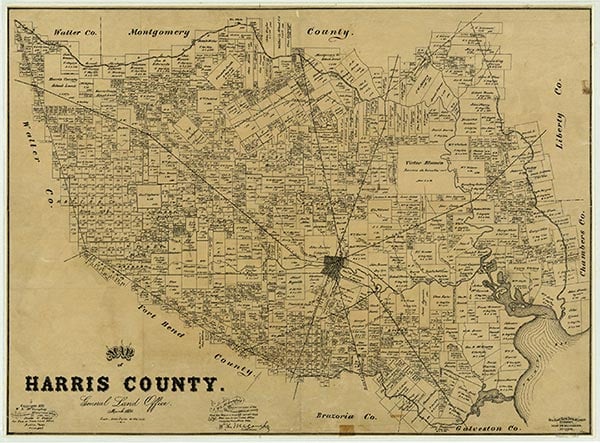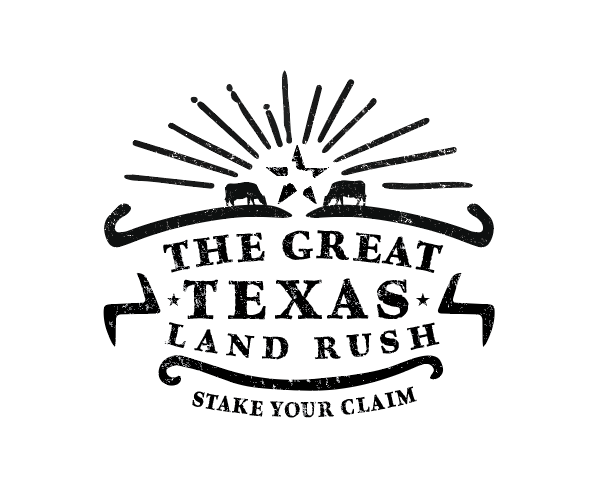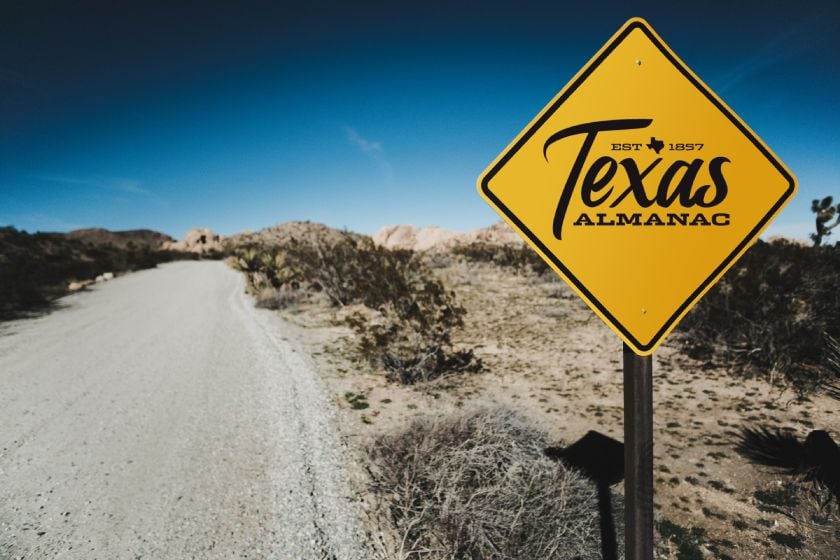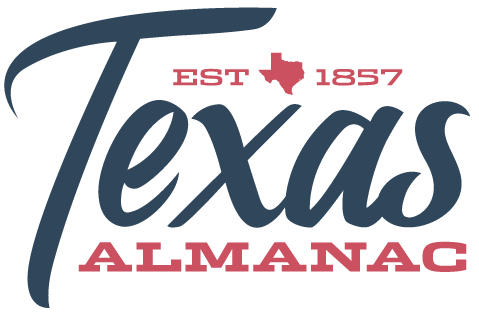Tomball

Tomball, Harris County's northernmost town, is thirty miles north of downtown Houston. It is at a higher elevation than most of Harris County and encompasses nine square miles. Before 1850 the area was the site of a farming community on a land grant given to the heirs of William Hurd in 1838. The settlement was named Peck, after a prominent civil engineer, in early 1907 and was one of forty train stations between Fort Worth and Galveston on the Trinity and Brazos Valley Railway. Peck had a freight terminal, a telegraph office, a water station, two section houses, stock pens with water and chutes, and a five-stall roundhouse. These facilities made the settlement an agricultural trade center for the area. On December 2, 1907, Peck was renamed Tomball in honor of Thomas Henry Ball, who had been instrumental in routing the railroad to the community. From 1907 to 1933 the people of Tomball were primarily involved in farming and ranching activities. A post office began in 1908. The town acquired its first school in 1908 and in 1913 its first electric lights and telephone service. In 1914 Tomball had a population of 350, a bank, a blacksmith, several stores, six hotels, and two cotton gins. Charles F. Hoffman was an early settler who operated the first general store, and J. J. Trichel was postmaster. In 1933 Tomball became a boomtown when, on May 27, drillers struck oil west of town on the property of J. F. W. Kob. In 1935 the original contract negotiated between Tomball and the Humble Oil and Refining Company (now Exxon Company, U.S.A.) gave free water and natural gas to Tomball residents for ninety years in exchange for drilling rights within the city limits. On July 6, 1933, Tomball, popularly known as "Oil Town U.S.A.," was incorporated with a population of 665. With the discovery of oil, however, this figure tripled. Soon there were twenty-five to thirty oil and gas companies producing within a five-mile radius of Tomball. Humble built camps, housing developments, and recreation facilities for its workers. The town was featured in Ripley's Believe It or Not as being the only city with free gas and water and no cemetery. In 1960 the population was 1,173, and by 1984 it was estimated at 5,000. Tomball has a mayor-council form of city government, a police department, and a volunteer fire department. Most of the light industry in the city supported the oil and gas industry, agriculture, and the building trades. A community college, Tomball College, opened in 1988. In 1990 the town's population was 6,370. A museum complex established by the Spring Creek County Historical Association included historical homes, a farm museum, and the Trinity Evangelical Church. Throughout the 1990s Tomball continued to grow with the addition of many retail and computer-related businesses. The town also served as a bedroom community for Houston commuters. In 2002 Tomball had a population of 9,544 and more than 1,700 businesses.
Mike Dennis, Lessie Upchurch | © TSHA

Adapted from the official Handbook of Texas, a state encyclopedia developed by Texas State Historical Association (TSHA). It is an authoritative source of trusted historical records.

- ✅ Adoption Status:
Belongs to
Tomball is part of or belongs to the following places:
Currently Exists
Yes
Place type
Tomball is classified as a Town
Associated Names
- [2]
- (Peck)
Location
Latitude: 30.09657550Longitude: -95.61898900
Has Post Office
Yes
Is Incorporated
Yes
Population Count, 2021 View more »
12,810
Places of Tomball
| Place | Type | Population (Year/Source) | Currently Exists |
|---|---|---|---|
| College or University | – | Yes |

Proud to call Texas home?
Put your name on the town, county, or lake of your choice.
Search Places »
